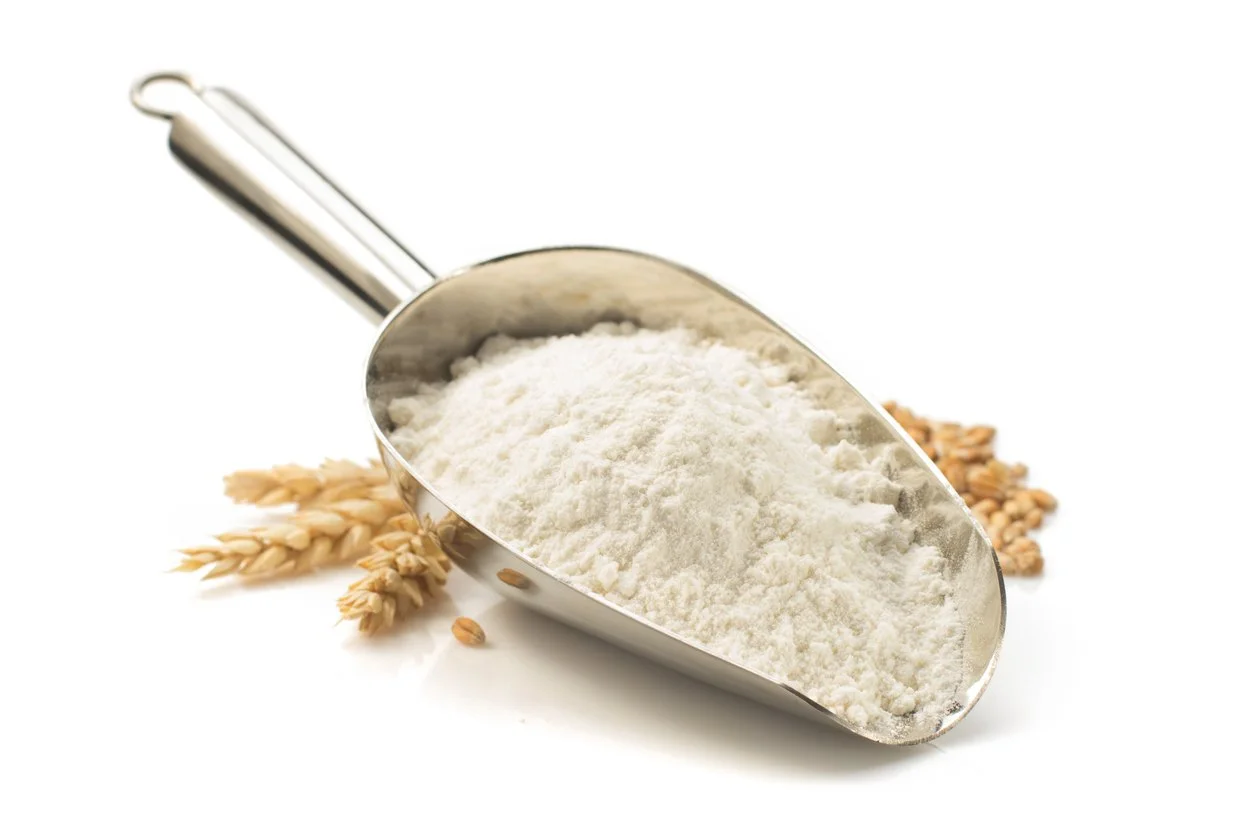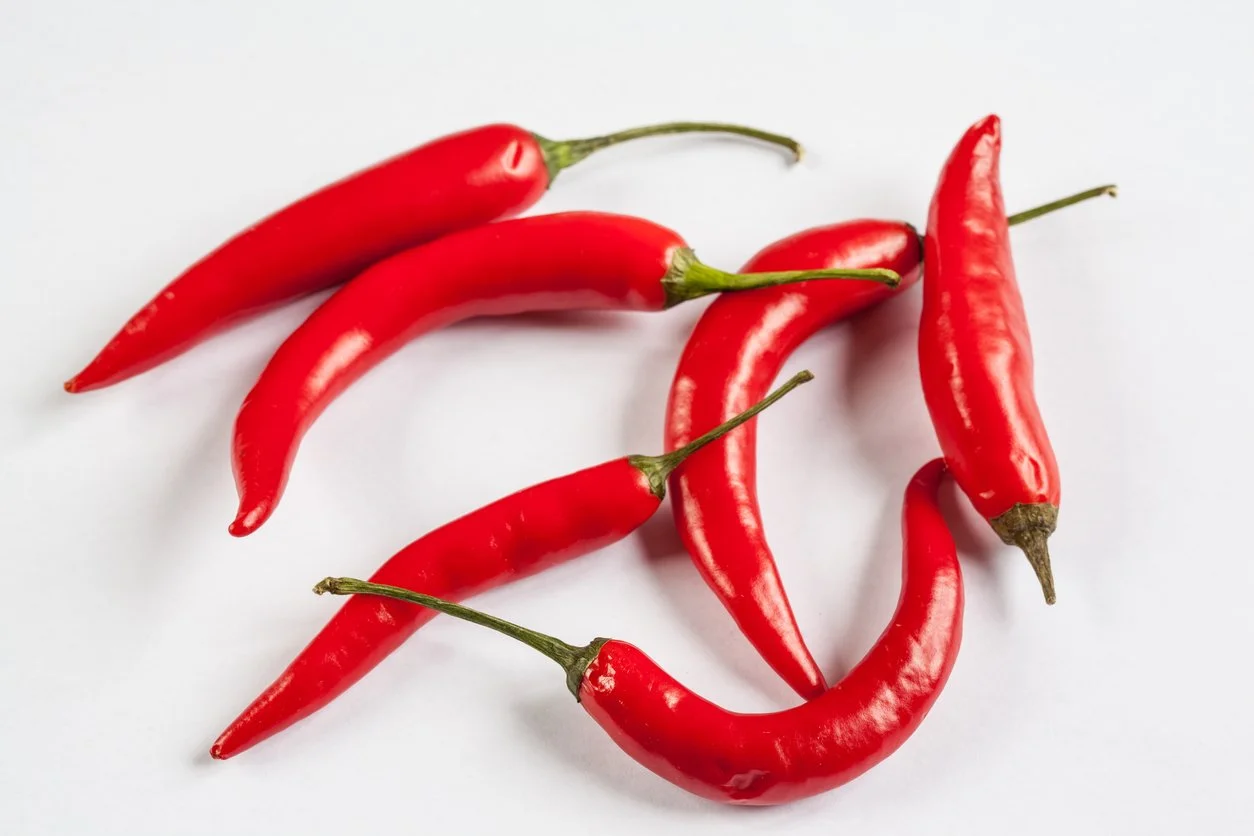Debunking common nutrition myths: What every nutritionist wants you to know – Part 1
The internet is a wild place when it comes to nutrition: think of it like a never-ending buffet of misinformation, where the serving size of nonsense is far too generous. Every scroll through social media bombards you with flashy headlines, viral TikToks, and Insta reels claiming to reveal miracle weight-loss hacks, magic detox potions, and the secret to perfect ‘‘hormone balance’’. With so much conflicting information, it's no wonder that nutrition can be so confusing for many people.
Myth #1: Carbs are the enemy of weight loss?
This claim is entirely unfounded. In fact, carbs are your body's main source of fuel, converted into glycogen to keep your muscles and brain powered up: think of them as the batteries that keep your engine running.
The real culprit behind weight gain isn't carbs themselves but the overconsumption of calories. It's easier to consume 1,000 calories of cake than 1,000 calories of quinoa or broccoli. While all excess calories contribute to weight gain, the type of calories matters. Refined carbs like pastries, cookies, and sugary drinks are often highly palatable and easier to overeat. They typically lack the nutrients found in complex carbs like whole grains, fruits, and vegetables. Unfortunately, most people don't consume enough fruits and vegetables, with only around 20% meeting recommended intakes ¹.
But how many carbs should I eat?
Well, as with most things in nutrition, the answer is: it depends. Why? It varies based on your goals, lifestyle, and activity level. For instance, if you're an athlete or training for a marathon, you'll need more carbs to fuel your performance. On the other hand, if you're more sedentary and aiming to lose weight, you may benefit from eating fewer carbs (especially refined, sugary ones), as not all carbs are created equally, as mentioned earlier.
And if you’ve ever noticed the scale going up after a carb-heavy meal, don’t panic. For every gram of carbs stored as glycogen in your liver and muscles, your body holds onto 3-4 grams of water. That temporary weight gain isn’t fat: it’s just your body stocking up on energy and water!
As for weight loss, research tells a more balanced story. A 2023 study published in Frontiers in Nutrition reviewed 110 randomized controlled trials and found that reducing carb intake can support weight loss in overweight and obese individuals, particularly when carbs make up 30-40% of total calories. But it seems cutting out carbs entirely isn’t more effective for weight loss. Low-carb diets can be tough to maintain, and over time, many people struggle with adherence, which reduces their long-term effectiveness ².
Myth #2: Fruit is bad for you because it’s high in sugar.
Fruit is a nutritional powerhouse, loaded with vitamins, minerals, and potent antioxidants like polyphenols that help protect your cells from damage caused by harmful free radicals. Yes, fruit contains natural sugars, but it's also packed with fiber: an essential nutrient that supports gut health, slows digestion, helps keep you full, and contributes to stable blood sugar levels.
Most fruits have a low to medium glycemic index, meaning they don't cause dramatic spikes in blood sugar (and remember, minor fluctuations after eating are completely normal). Plus, fruit is a fantastic source of prebiotics, a special type of fiber that feeds the good bacteria in your gut. Think apples, bananas, berries, peaches, watermelon, citrus fruits,and pears: delicious and good for you!
The research backs it up. Studies show that people who eat more whole fruits tend to have a lower risk of developing diabetes ³ . Another study, published in the Journal of the American Medical Association, found that increasing fruit and vegetable intake can significantly lower your risk of death ⁴. And in a study analyzing over a million participants, higher consumption of citrus fruits, apples, watermelon, and kiwi was linked to a lower risk of colorectal cancer ⁵. Take it from here, fruit scaremongering people! So, overall research suggests that a diet rich in fruits and vegetables is generally linked to a lower risk of several diseases, including cancer, cardiovascular disease, and stroke.
Myth #3: You need a detox diet
Spoiler alert: Your body already has a highly efficient detox system: it's called your liver and kidneys! The idea that you need a special detox diet, juice cleanse, or supplement to rid your body of toxins is mostly marketing fluff, especially when someone's trying to sell you a 3-day "reset" juice or ‘’detox pills’’. Here's the truth: your liver, kidneys, lymphatic system, and even your skin work non-stop to filter out toxins. No restrictive diet or juice cleanse can enhance what your body is already built to do.
In fact, many detox diets can do more harm than good, potentially leading to nutrient deficiencies and electrolyte imbalances. And that quick weight loss people talk about? It's often due to severe calorie restriction and water loss—not actual fat loss. When you go back to eating normally, the weight typically returns⁶.
That said, in my opinion juicing can be a convenient way to add extra vitamins and minerals to your regular meals. However, keep in mind that juicing removes the fiber found in whole fruits and vegetables, which aids in digestion and blood sugar regulation. Without fiber, juices can lead to more rapid spikes in blood sugar compared to eating whole fruits and vegetables. So juicing works best when combined with regular meals and can help you incorporate leafy greens like kale, spinach, or celery that you might not otherwise consume.
To truly support your body's natural detox systems, focus on healthy habits: limit alcohol (which puts stress on your liver), stay well-hydrated, and prioritize adequate sleep, as these are essential for recovery and healing. Load up on fruits and vegetables rich in vitamins and antioxidants. And for an extra antioxidant boost, consider adding green or black tea, and loads of herbs and spices to your daily routine.
Myth #4: Gluten-Free = Healthy eating!
So, what exactly is gluten? It’s a type of protein found in certain grains like wheat, barley, and rye, giving bread and pizza dough their delicious stretchy texture. Without gluten, bread would crumble, and pizza would lack that satisfying chew (yum)!
In recent years, "gluten-free" has become synonymous with health, but this is a misconception. Unless you have celiac disease or non-celiac gluten sensitivity (NCGS), there’s no need to avoid gluten. Celiac disease is an autoimmune disorder in which the immune system mistakenly attacks the small intestine when gluten is consumed, leading to nutrient malabsorption and a range of symptoms like fatigue, digestive issues, and unintended weight changes ⁷. Non-celiac gluten sensitivity can cause discomfort similar to celiac disease, but without the autoimmune damage. For both conditions, avoiding gluten is essential for maintaining health.
The rise in popularity of gluten-free products has flooded the market with options often marketed as healthier. However, gluten-containing grains are valuable sources of fiber and essential nutrients. Many gluten-free alternatives may lack these benefits and can be lower in fiber and key nutrients like iron, calcium, and B vitamins ⁸ . Remember, "gluten-free" doesn’t automatically mean "healthy".
My advice? Listen to your body and pay attention to how it reacts to different foods. Celiac disease and non-celiac gluten sensitivity are serious conditions, so if you suspect you might be sensitive to gluten, it’s important to consult your healthcare provider for proper evaluation and guidance.
Myth #5: Fat-Burning foods
Guess what? I couldn't find a single food with the magical ability to burn fat in PubMed, Nature or Science. (And we're not even talking about "fat burner" supplements: that's a different discussion entirely.)
If only weight loss were as simple as eating certain foods! The truth is that no single food can magically melt away fat. While some foods, particularly those high in protein and fiber, can support your metabolism and promote satiety, they won't lead to fat loss on their own. Effective weight loss requires maintaining a caloric deficit.
I know you're tired of hearing "CICO"*or calories in versus calories out, but at the end of the day, it comes down to achieving a negative energy balance: what you consume versus what you expend. No ‘‘fat burning food’’ can substitute for that, even though factors like metabolism, hormones, and genetics also play a significant role in weight loss mechanisms.
If you're tired of confusion and ready to try a different approach to weight loss that doesn't involve magical fat-burning scams, feel free to reach out through my contact form.
I look forward to helping you thrive!
Mia
Curious to learn more about wellness myths and truths? These articles cover related topics to keep you informed:
References: ( to geek out further)
Harris, Jody, et al. “Fruits and Vegetables for Healthy Diets: Priorities for Food System Research and Action.” Science and Innovations for Food Systems Transformation, 2023, pp. 87–104, https://doi.org/10.1007/978-3-031-15703-5_6.
2.Soltani, Sepideh, et al. “Effect of Carbohydrate Restriction on Body Weight in Overweight and Obese Adults: A Systematic Review and Dose-Response Meta-Analysis of 110 Randomized Controlled Trials.” Frontiers in Nutrition, vol. 10, 2023, p. 1287987, https://doi.org/10.3389/fnut.2023.1287987.
3.Muraki, Isao, et al. “Fruit Consumption and Risk of Type 2 Diabetes: Results from Three Prospective Longitudinal Cohort Studies.” BMJ (Clinical Research Ed.), vol. 347, BMJ Publishing Group Ltd., 2013, p. f5001, https://doi.org/10.1136/bmj.f5001.
4.Wang, Dong D., et al. “Fruit and Vegetable Intake and Mortality: Results from 2 Prospective Cohort Studies of US Men and Women and a Meta-Analysis of 26 Cohort Studies.” Circulation, vol. 143, no. 17, Mar. 2021, https://doi.org/10.1161/circulationaha.120.048996.
5.Wu, Zhen-Ying, et al. “Different Types of Fruit Intake and Colorectal Cancer Risk: A Meta-Analysis of Observational Studies.” World Journal of Gastroenterology, vol. 29, no. 17, May 2023, pp. 2679–700, https://doi.org/10.3748/wjg.v29.i17.2679.
6.Obert, Jonathan, et al. “Popular Weight Loss Strategies: A Review of Four Weight Loss Techniques.” Current Gastroenterology Reports, vol. 19, no. 12, Nov. 2017, https://doi.org/10.1007/s11894-017-0603-8.
7.Makovicky, Peter, et al. “Celiac Disease and Gluten-Free Diet: Past, Present, and Future.” Gastroenterology and Hepatology from Bed to Bench, vol. 13, no. 1, 2020, pp. 1–7, www.ncbi.nlm.nih.gov/pmc/articles/PMC7069540/.
8.Palma-Morales, Marta, et al. “Food Made Us Humans: Recent Genetic Variability and Its Relevance 2 to the Current Distribution of Macronutrients 3.” Nutrition, Apr. 2022, p. 111702, https://doi.org/10.1016/j.nut.2022.111702.




























